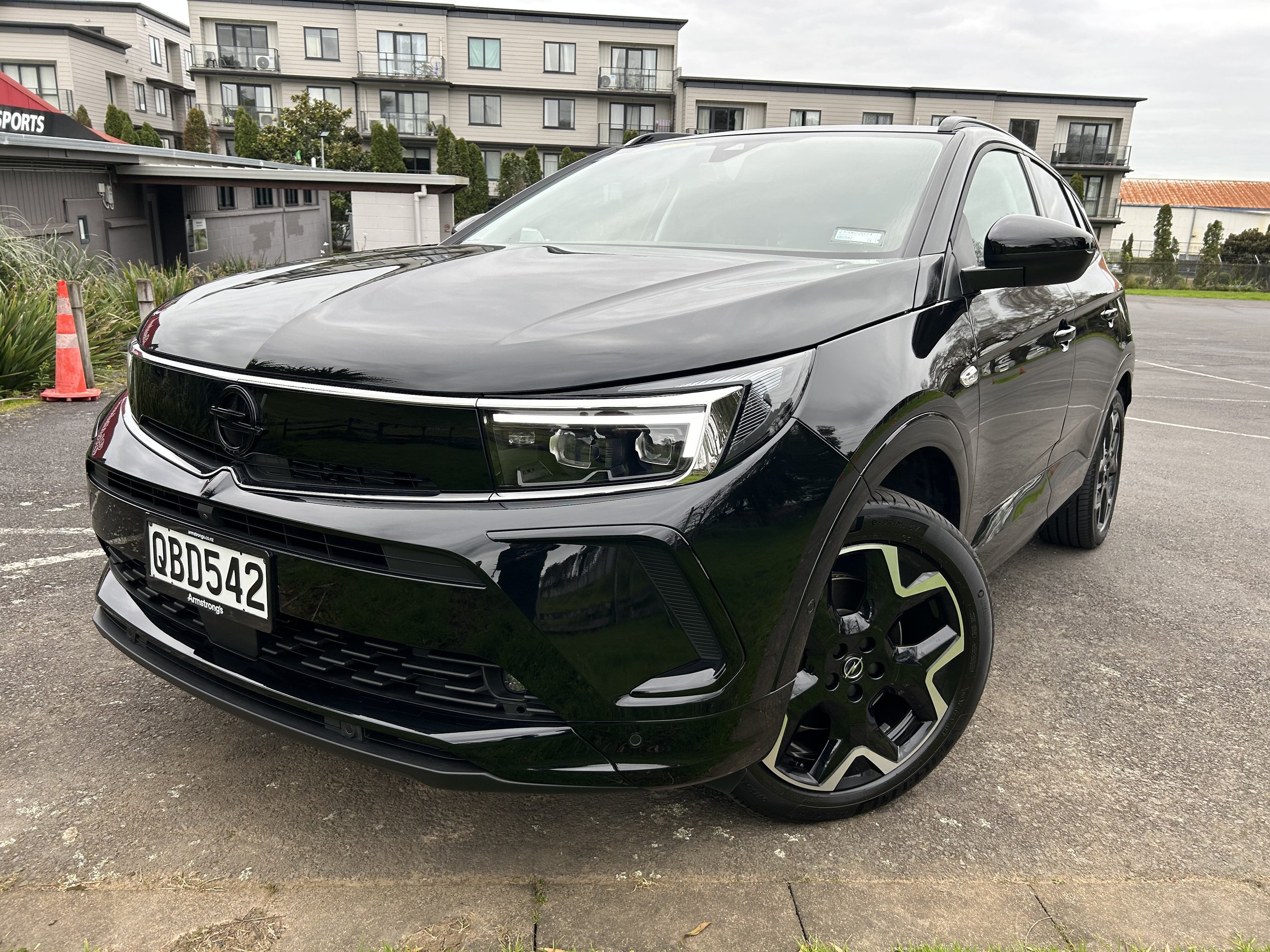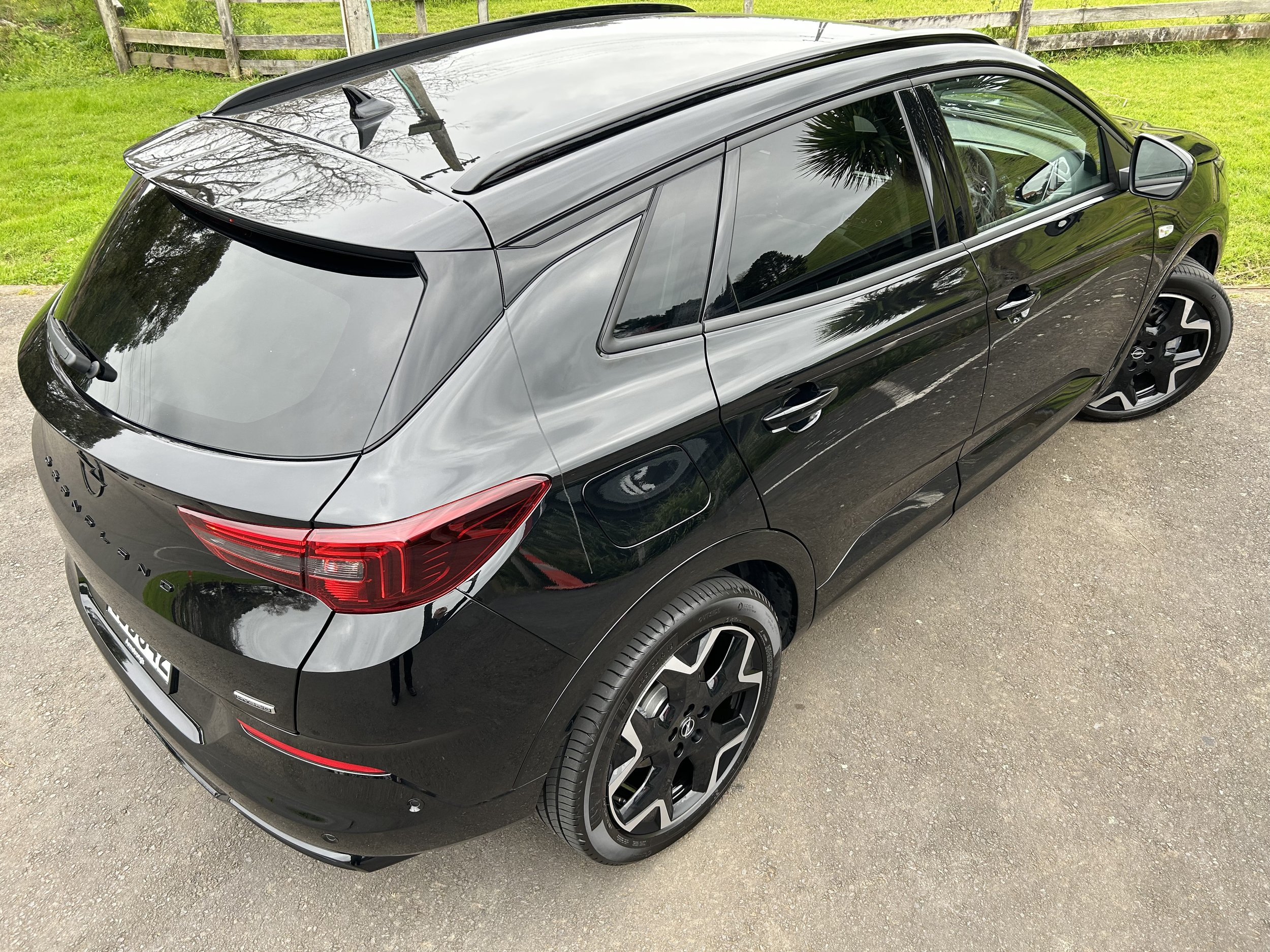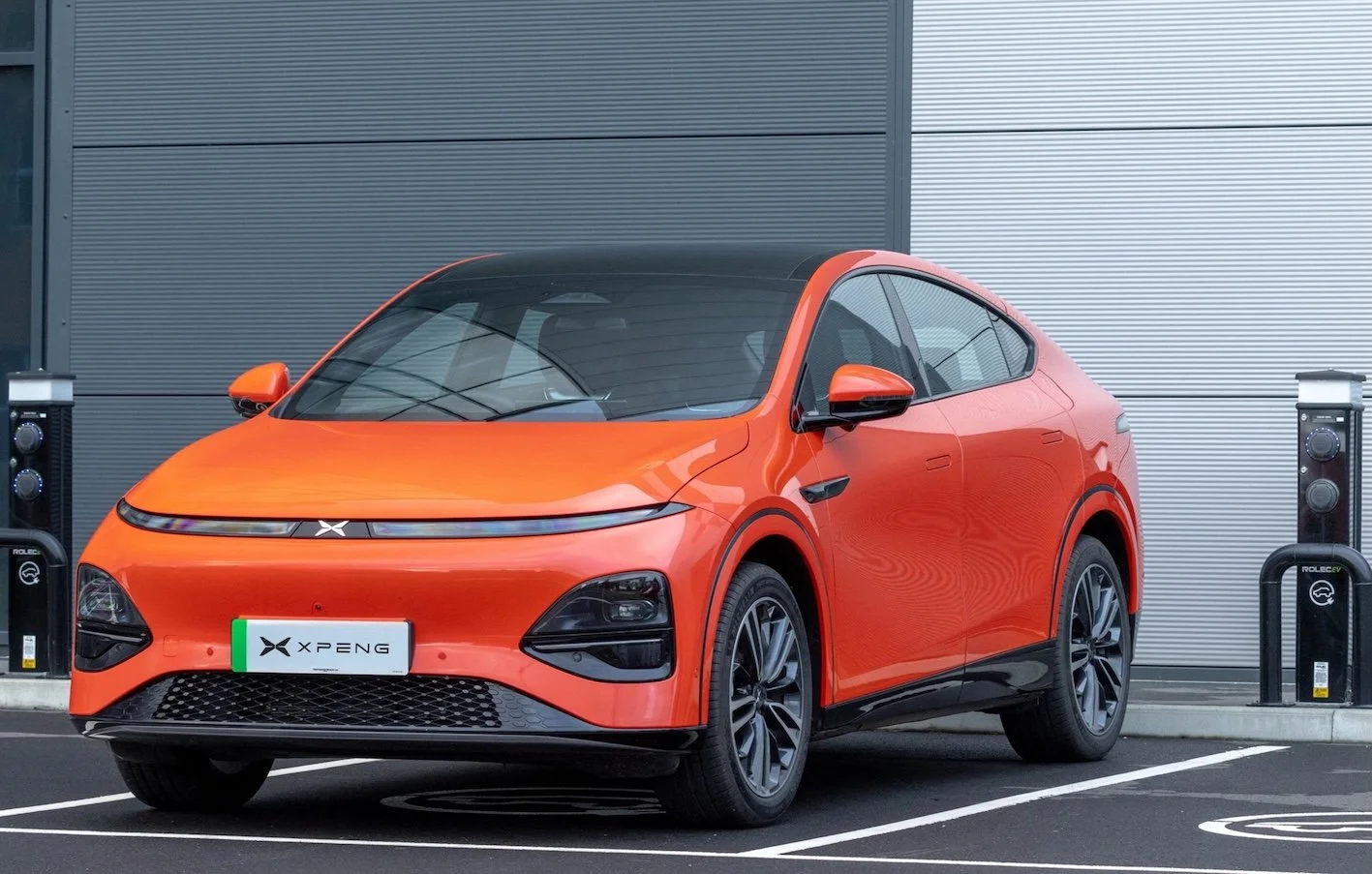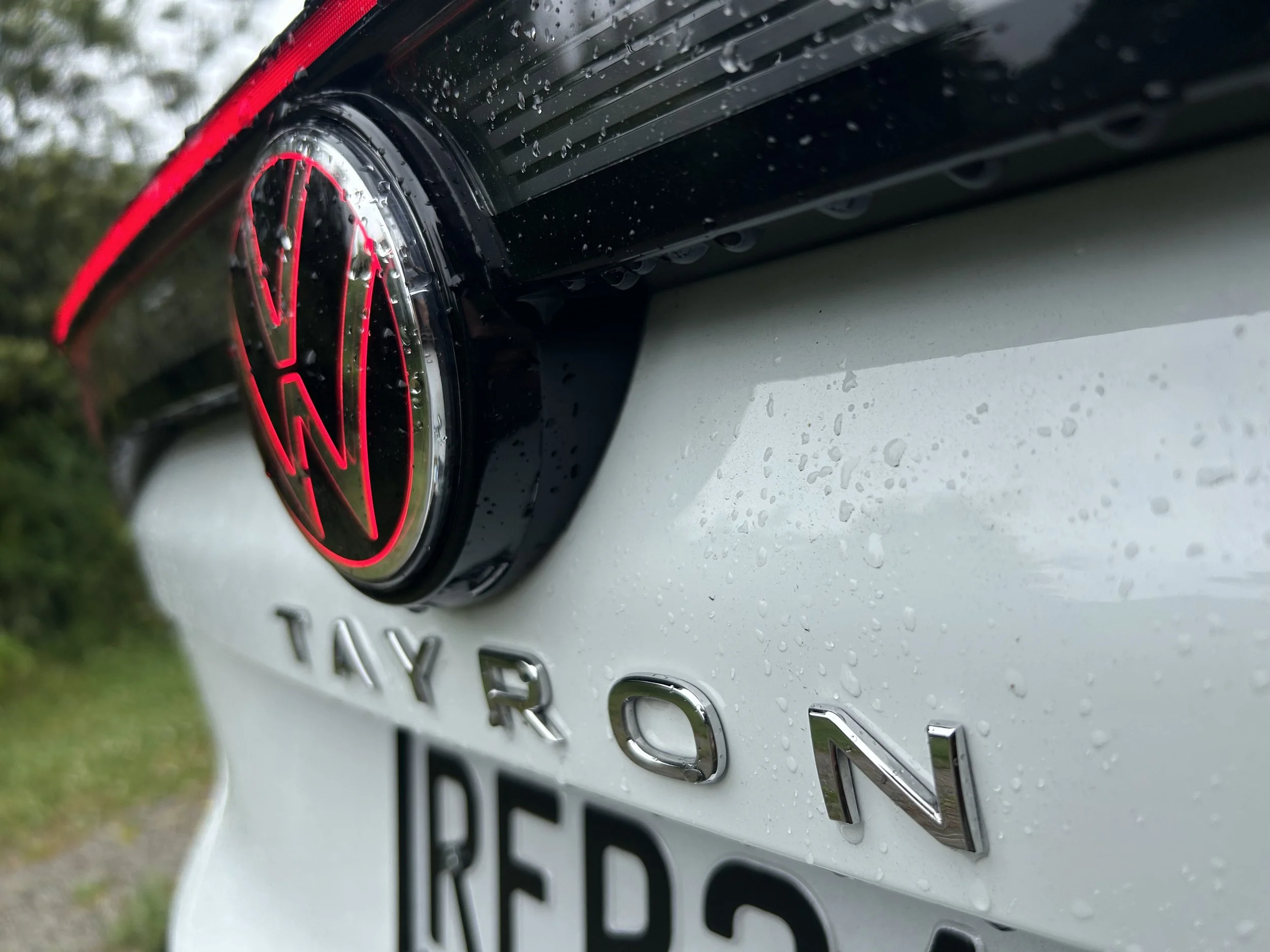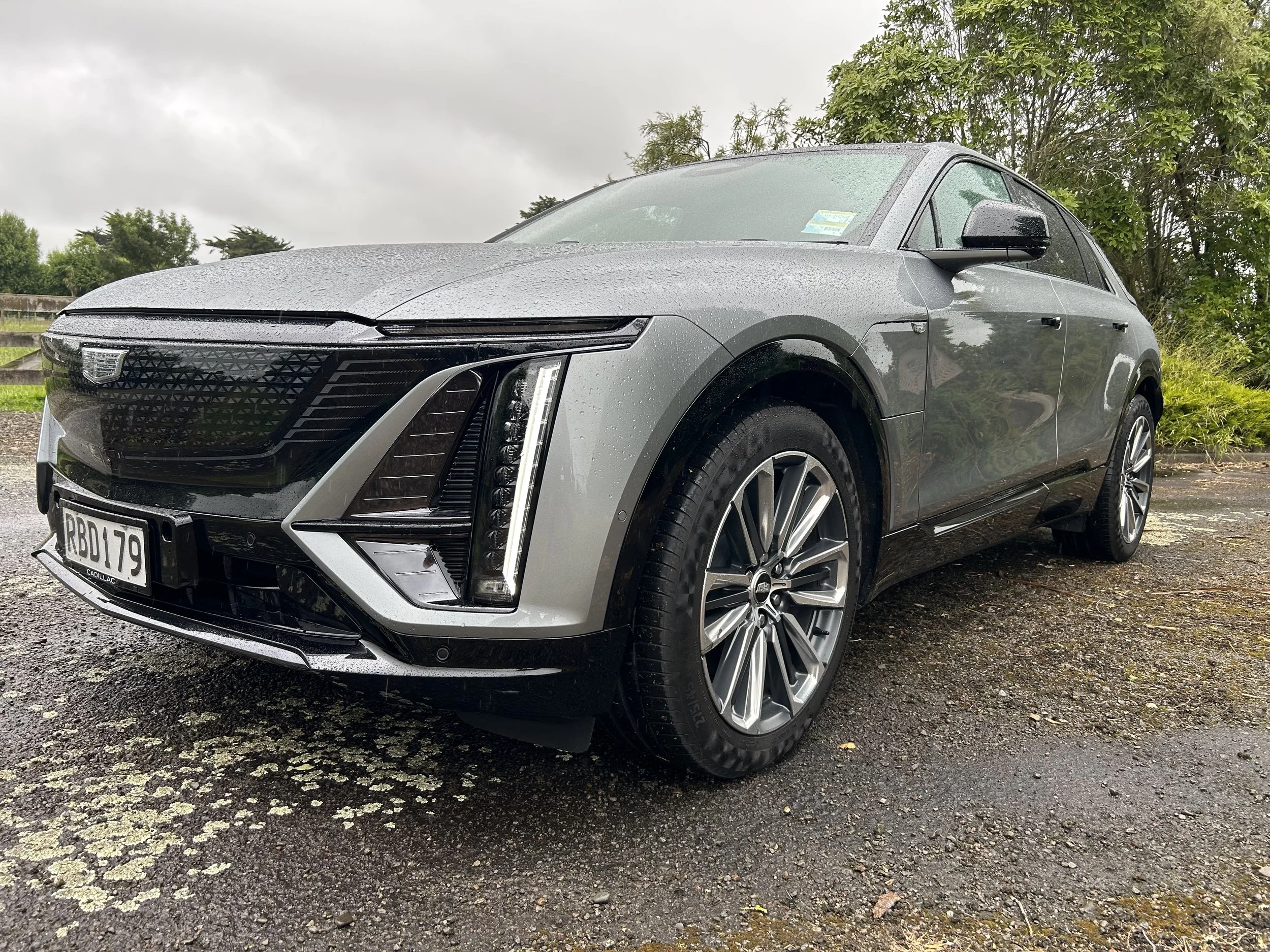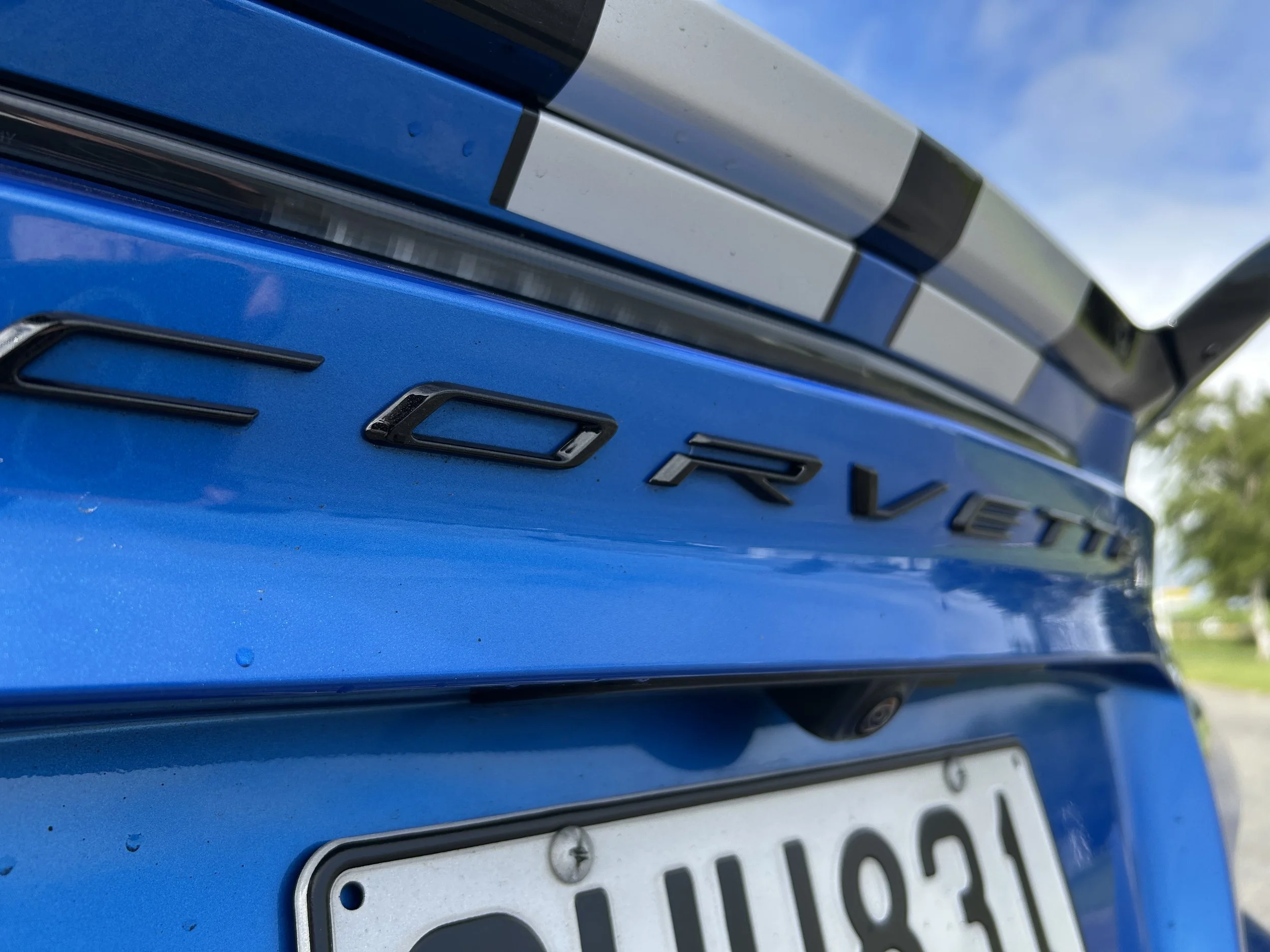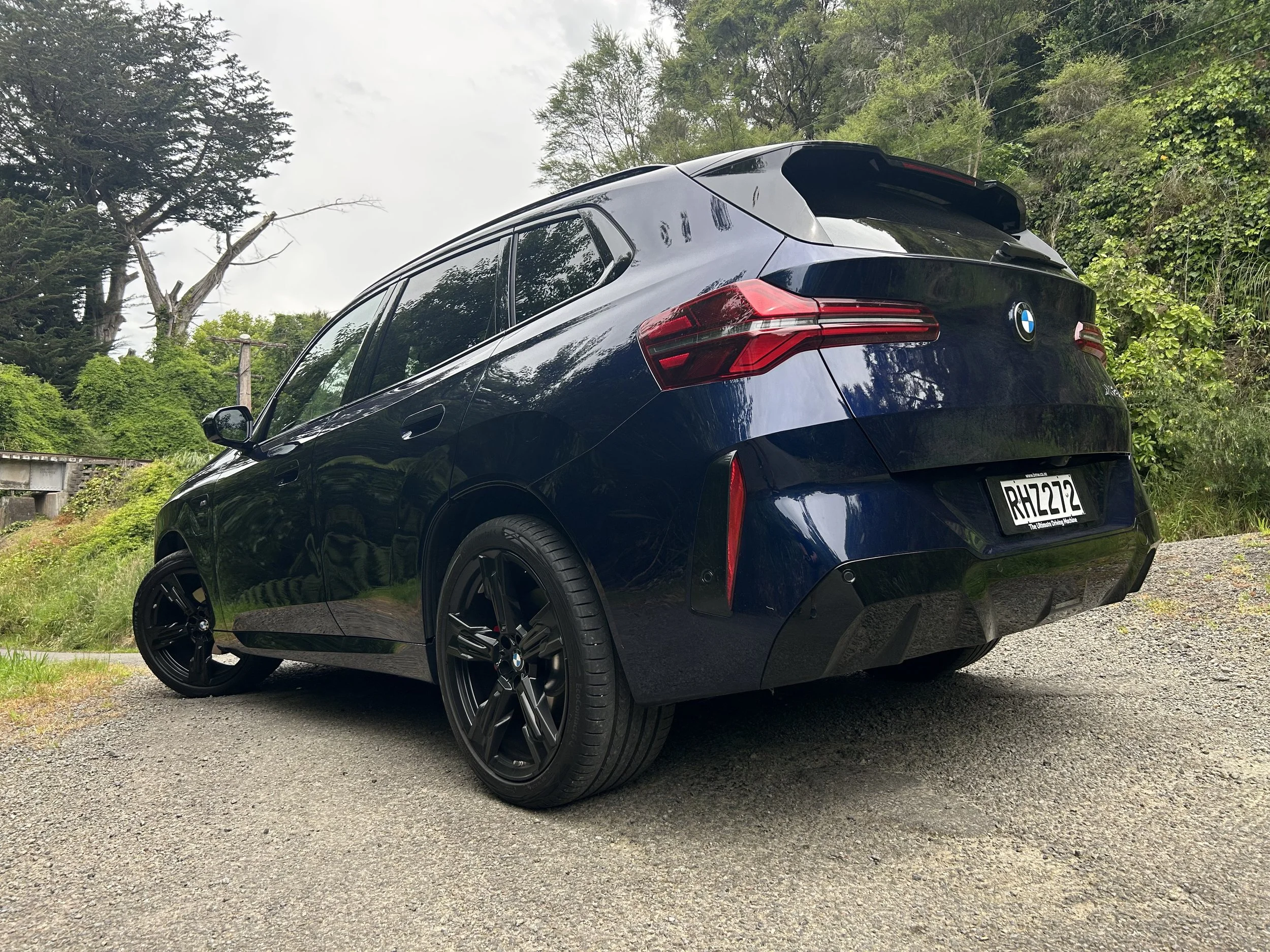Plug pulled on Opel PHEV - no rebate, no point
/The petrol-electric Grandland SUV launched in August will depart the showroom within three months.
BLEAK prospect for plug-in hybrid drivetrains in a post Clean Car rebate environment and potential that an all-electric replacement will be here sooner than expected means an Opel that’s just come on sale will soon depart.
Decision to pull the $77,990 Grandland PHEV was confirmed today by Noah Robertson, commercial manager for Opel New Zealand, who says altered market conditions no longer make the car tenable.
Fewer than 50 PHEV Grandlands are thought to be here now and they will likely be joined by just a handful more, already being shipped from Germany. Stock is expected to be exhausted by early next year.
In relaunching the Opel brand here, Auto Distributors - the national rights holder to the German make (as well as Peugeot and Citroen) - specifically chose models eligible for rebates under the Clean Car Standard.
The dominant National Party element of the new government has said it will axe Clean Car incentives and penalties by the end of the year.
Popular plug-in hybrids in the sub-$80,000 bracket have been strong sellers in the Clean Car era, their take-up driven by potential for owners to secure a $4025 incentive.
In marrying a 1.6-litre turbo petrol engine with a battery-fed electric motor, Grandland PHEV has stood tall with emissions of one gram per kilometre and economy of one litre per 100 kilometres when operating optimally.
Those figures make it a star within the PHEV sports utility category, largely dominated by Mitsubishi’s Outlander and Eclipse Cross, though are equalled by a version of the Opel Astra hatchback, which is staying.
However, Robertson says Grandland no longer makes a good business case.
A matter of no rebate, no point?
“That’s certainly been a contributing factor.
“The change in the rebate will, we have forecast, lead to lower demand next year for plug-in hybrids.”
Opel NZ will still continue with its fully electric models; spanning the Corsa and Mokka lines and set to introduce to the Astra next year.
It will also continue to sell a 1.2-litre pure petrol version of the Grandland - it sees that type, with a cited economy of 5.4L/100km, as being well equipped to meet the consumer brief of lower cost of ownership.
However that $51,990 derivative will also be gone by end of next year.
At that time an all-new Grandland, in fully electric and petrol-electric formats, should be on sale.
That’s ahead of schedule; in initial planning Opel NZ did not expect to see the EV until 2025 and expected to keep the current car until then.
Current Grandland has an interesting history, being the last Opel developed when General Motors owned the German marque - hence why it has some cabin ingredient familiar to anyone driving a last-blast Holden.
It was created using a platform from Peugeot and made its international debut in 2017 just after the French make’s owner, PSA, bought Opel.
It is nonetheless the most recent car released by Opel NZ, and that process has not been easy.
Advertising for Grandland kicked off at the start of this year, in expectation product would soon follow, but there were delays.
The first shipment finally landed in mid-August. Robertson declined to give insight into the cost of promoting the car, but has allowed that it was significant.
“You market the model months before it lands, you have a full stack of advertising - smart TV, digital, billboards and point of sale - you obviously spec out cars for dealers, fully specified and in the hero colours, then you get stock to sell from.
“It’s a bit of a process and as a dollar figure it’s a significant amount.”
Grandland production in Germany has already begun to wind down, with the factory set to go off line early next year for a multi-million dollar rejig to enable electric car production. Opel NZ had nonetheless expected to build up a stockpile of current generation Grandland to see it through all of next year and anticipated keeping it in circulation until 2025. That won’t happen.
Robertson said it now seem likely the plant will be building the new generation EV, on a brand-new platform, from next July and there’s high hope NZ stock of that car will come here as early as the third quarter of 2024.
“They’ve really fast-tracked that new model. The start of production was first indicated as being toward the end of 2024, now they are talking about July or August. We should see new Grandland at the end of Q3, start of Q4.”
The mild hybrid will take the place of the current 1.2-litre and the fully electric will provision in two power levels, one with a range in the 500km band and the other in the 700km band.


